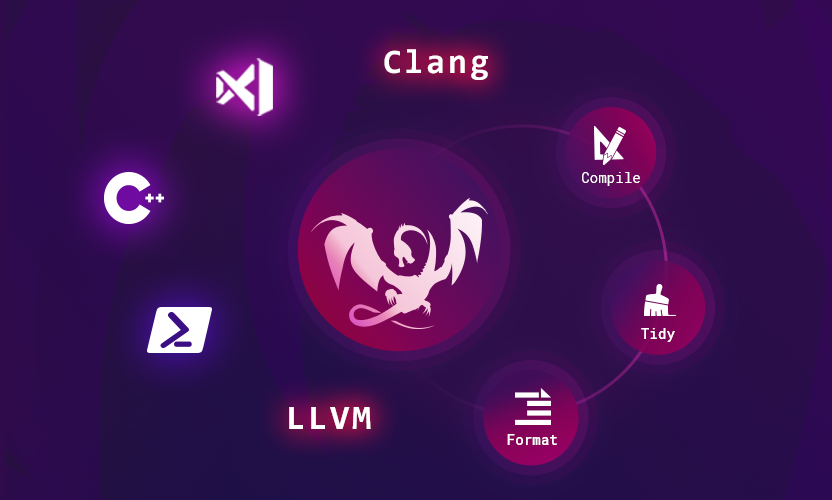Example of How New Diagnostics Appear in PVS-Studio
Users sometimes ask how new diagnostics appear in the PVS-Studio static analyzer. We answer that we draw inspiration from a variety of sources: books, coding standards, our own mistakes, our users' emails, and others. Recently we came up with an interesting idea of a new diagnostic.
Example of How New Diagnostics Appear in PVS-Studio
by Andrey Karpov
From the article:
As for application software development, it doesn't make sense to enable them. The CovidSim project could do without them. Otherwise, a user will simply drown in a huge number of messages that are of little use in this case. For example, when experimenting with this set of diagnostics, we received more than a million warnings for some medium-sized open projects. Roughly speaking, every third line of code might be faulty in the view of MISRA. No one will scrape through all warnings, much less fix them. The project is either developed immediately taking into account MISRA recommendations, or this coding standard is irrelevant for it.

 Were you using them?
Were you using them?